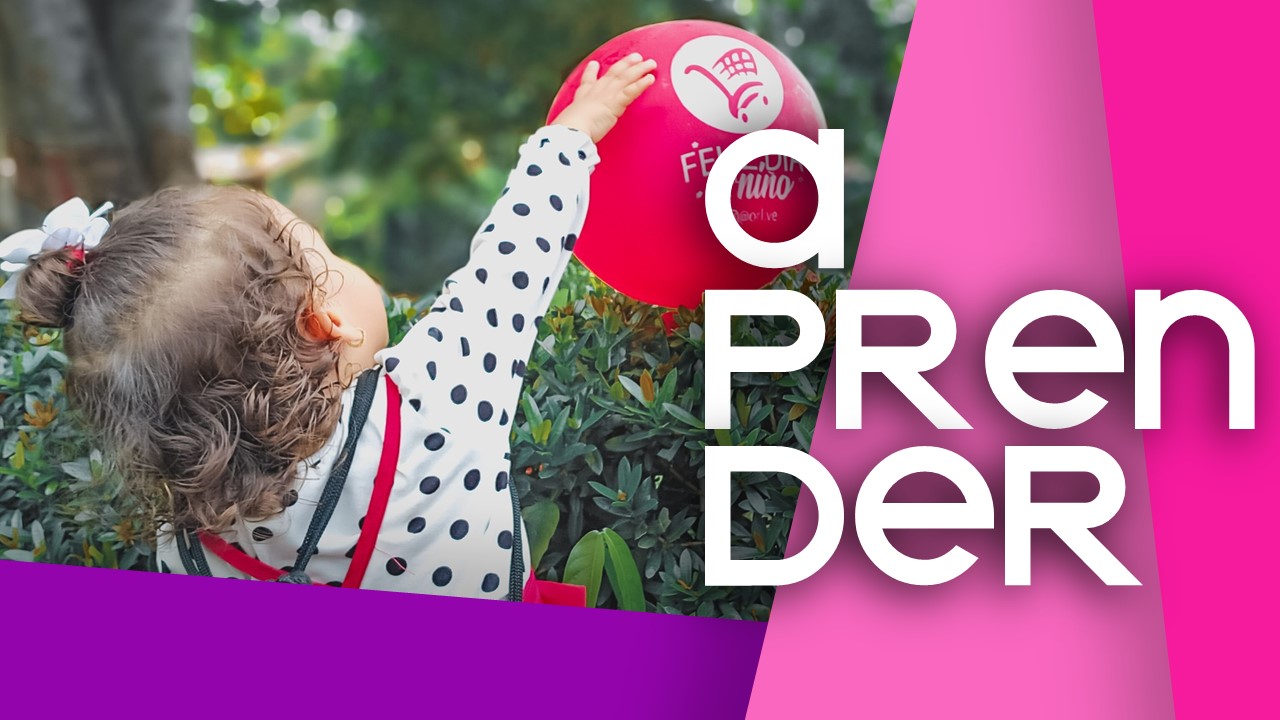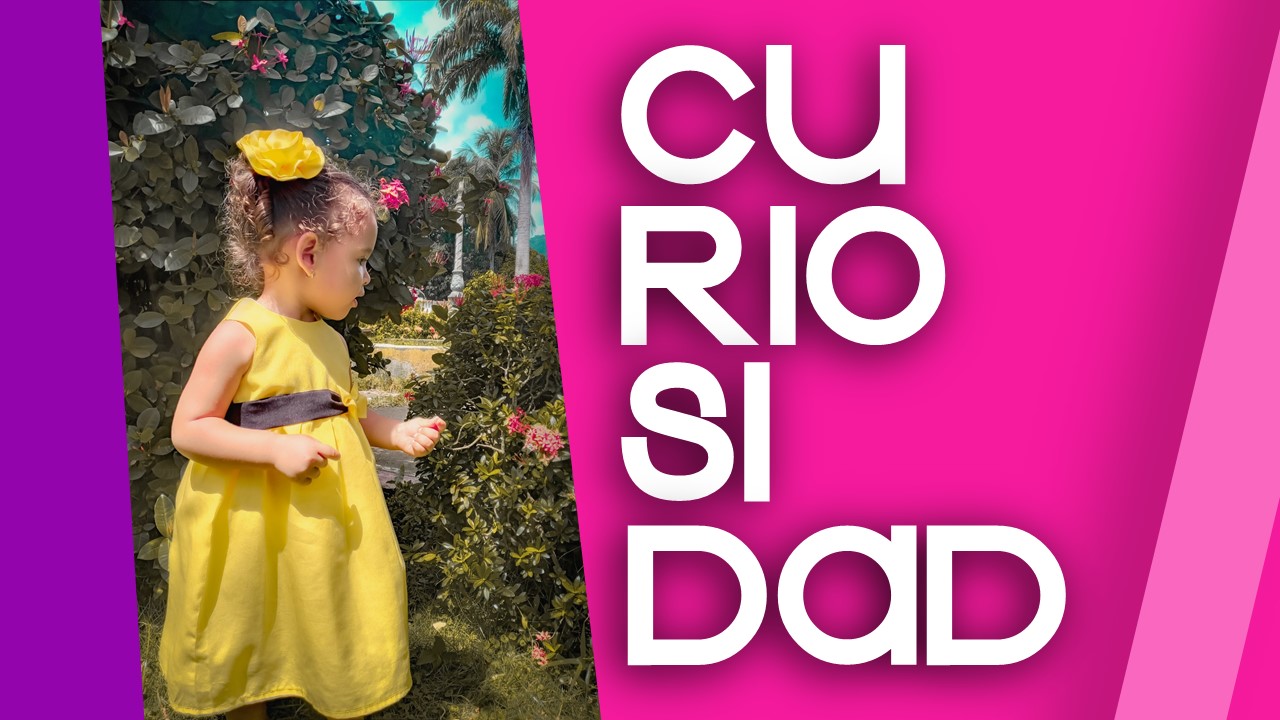
Feliz noche queridos papás y mamás, hoy hablaré de una de las etapas que más anhelamos en los primeros meses de nuestros hijos y es escuchar sus primeras palabras, es tan tierno oírlos hablar, en su mayoría empiezan diciendo "papá", es más fácil para ellos. Es para nosotros algo verdaderamente tierno y dulce. Desde que tienen pocos meses nos dedicamos a enseñarles sonidos, sílabas, y vocales esperando el momento en que las repitan. En mi caso me emocioné muchísimo cuando mi hija dijo "papá", creo que ya tenía 7 u 8 meses. Algunas personas decían que había tardado mucho, pero igual esperé y fue especial, aun lo recuerdo por eso.
Happy evening dear moms and dads, today I will talk about one of the stages that we long for the most in the first months of our children and that is to hear their first words, it is so tender to hear them talk, most of them start saying "daddy", it is easier for them. It is for us something really tender and sweet. Since they are a few months old we dedicate ourselves to teach them sounds, syllables, and vowels waiting for the moment when they will repeat them. In my case I was very excited when my daughter said "dada", I think she was already 7 or 8 months old. Some people said it had taken too long, but I waited anyway and it was special, I still remember it for that.

Creo que desde ese primer momento nuestros pequeños sólo desean seguir aprendiendo más, algunas otras palabritas fáciles que repiten es; tete, mamá, entre otras; hasta decir "no" cuando se niegan a obedecernos. En el caso de mi pequeña aprendió a decir algunas oraciones en tercera persona: "la niña va a dormir" para referirse a que ella misma desea ir a dormir. He visto esto en muchos niños que conozco, y he ido enseñándole a conjugar correctamente las oraciones en primera persona cuando lo amerita.
I believe that from that first moment our little ones only want to keep learning more, some other easy little words they repeat are; tete, mama, among others; even saying "no" when they refuse to obey us. In my little girl's case she learned to say some sentences in the third person: "la niña va a dormir" to mean that she herself wants to go to sleep. I have seen this in many children I know, and I have been teaching her to correctly conjugate sentences in the first person when it is appropriate.

A nosotros como padres y guías nos toca tenerles paciencia, primero porque nosotros también pasamos por esa etapa en nuestra niñez, debemos entender que nuestros hijos tendrán siempre la curiosidad de seguir descubriendo más cosas. De allí el titulo de hoy "1000 preguntas al día" porque estarán indagando siempre. Mi hija de 2 años me pregunta en ocasiones varias veces lo mismo, por ejemplo: -¿mamá, papá está trabajando?- y le respondo -sí hija, tu papá está trabajando- y en un rato me vuelve a hacer esa misma pregunta.
Siempre noto e ella la curiosidad de ver como funcionan la cosas, que está sucediendo, para donde vamos, que estoy haciendo...
We as parents and guides have to be patient with them, first because we also went through that stage in our childhood, we must understand that our children will always have the curiosity to keep discovering more things. Hence today's title "1000 questions a day" because they will always be inquiring. My 2-year-old daughter sometimes asks me the same question several times, for example: -Mommy, is daddy working- and I answer her -yes daughter, your daddy is working- and in a while she asks me that same question again.
I always notice her curiosity to see how things work, what is happening, where are we going, what am I doing?

Siempre tendrán dudas, debemos prepararnos para explicarles con cuidado, al responder debemos hacerlo con cariño, tengamos en cuenta que ellos confían en sus padres, y responder ásperamente torcerá esa confianza que debemos cultivar con ellos. Creo que a partir de los 2 años es cuando más hacen preguntas, pero eso no quiere decir que se termine, son nuestros hijos y siempre querrán que le expliquemos todas sus dudas, por ejemplo debemos prepararnos para cuando nos pregunten -como nacen los bebés- ó -porque hay maldad en el mundo- son preguntas que nos harán en algún momento, sintámonos privilegiados de que nuestros hijos nos pregunten a nosotros sus dudas, además es nuestra responsabilidad ayudarlos a descubrir lo que aun no conocen y que ellos necesitan saber para seguir desarrollándose intelectualmente.
Espero les haya gustado el tema de hoy y si quieres agregar algo más deja tu comentario. Gracias!
They will always have doubts, we must prepare ourselves to explain them carefully, when answering we must do it with affection, let's keep in mind that they trust their parents, and answering harshly will twist that trust that we must cultivate with them. I think that from the age of 2 is when they ask more questions, but that does not mean that it is over, they are our children and they will always want us to explain all their doubts, for example we must prepare ourselves for when they ask us -how babies are born- or -why is there evil in the world- are questions that they will ask us at some point, let us feel privileged that our children ask us their doubts, it is also our responsibility to help them discover what they still do not know and that they need to know to continue developing intellectually.
I hope you liked today's topic and if you want to add anything else leave your comment. Thank you!




Congratulations @milcas! You have completed the following achievement on the Hive blockchain and have been rewarded with new badge(s):
Your next target is to reach 800 upvotes.
You can view your badges on your board and compare yourself to others in the Ranking
If you no longer want to receive notifications, reply to this comment with the word
STOPCheck out the last post from @hivebuzz:
Support the HiveBuzz project. Vote for our proposal!